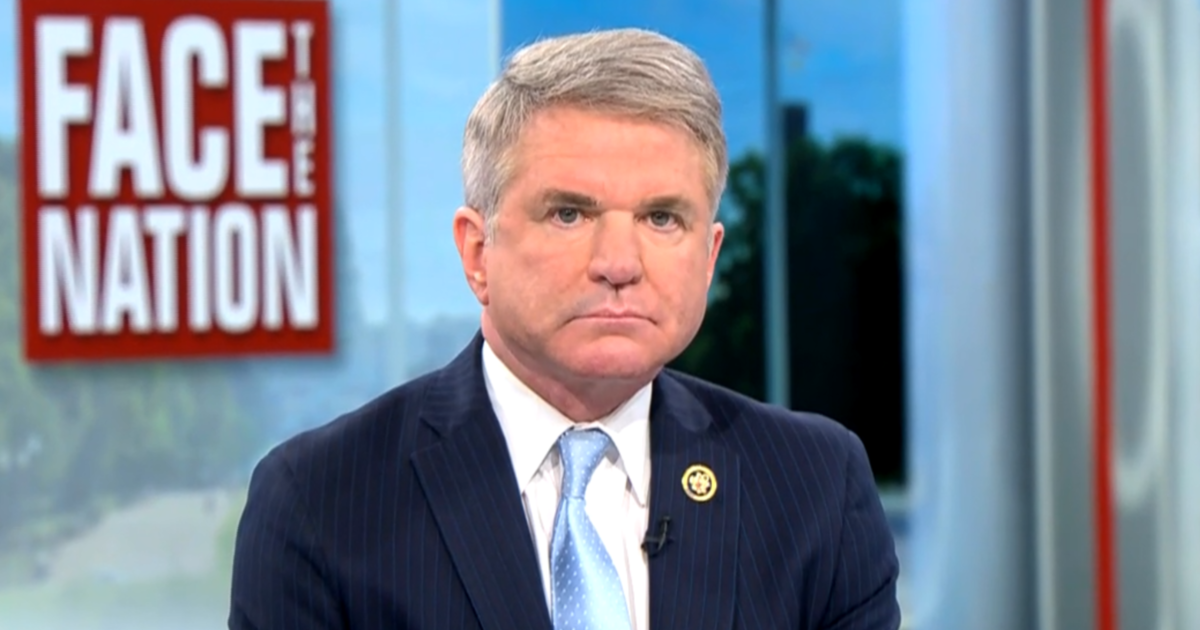Rep. Michael McCaul, the chairman of the House Foreign Affairs Committee, emphasized the urgency of bringing Ukraine aid up for a vote in the House, stating that time is of the essence. He noted that the decision on when and how to bring the aid package to a vote is ultimately up to Speaker Mike Johnson, with whom he planned to discuss the matter. While McCaul expressed his preference for the aid to be voted on this week, there is opposition within the conference regarding the funding. Some Republicans are pushing for concessions, such as tying Ukraine aid to President Biden reversing a moratorium on natural gas export permitting or allowing the sale of frozen assets of Russian oligarchs. Former President Donald Trump has also suggested that the aid be in the form of a loan.
Speaker Mike Johnson, who has pledged to address the issue of Ukraine aid upon Congress’s return from recess, has faced challenges in moving the aid package forward in the House. He has chosen to chart a different course from the Senate, which approved a supplemental funding package in February that included aid for Ukraine, Israel, and Taiwan. Johnson has been criticized by some Republicans, including Rep. Marjorie Taylor Greene, for his handling of the government funding fight and his approach to aid for Ukraine. Despite the opposition, Johnson has received support from former President Trump, who has significant influence over the Republican conference.
A CBS News/YouGov poll released on Sunday revealed that Republicans place more trust in former President Trump for information about the Ukraine-Russia conflict than in the U.S. military, Pentagon, conservative media sources, or the State Department. This dynamic underscores Trump’s influence within the party and his role in shaping their positions on foreign policy issues. McCaul acknowledged Trump’s sway over the Republican conference and highlighted the importance of consulting with the former president on matters like aid to Ukraine. This reliance on Trump’s guidance could impact the decision-making process within the party regarding foreign aid.
In the wake of an attack by Iran against Israel, congressional leaders have renewed calls for approving additional aid to Israel. Senate Majority Leader Chuck Schumer and Senate Minority Leader Mitch McConnell have urged the House to move forward with the Senate-passed national security supplemental, which includes aid for both Israel and Ukraine. House Majority Leader Steve Scalise has also announced plans to introduce legislation supporting Israel this week. The evolving situation in the Middle East underscores the importance of providing aid to key allies in the region, while also navigating the complexities of partisan divisions and competing interests within Congress.
Overall, the debate over Ukraine aid in the House reflects broader tensions within the Republican Party regarding foreign policy and national security issues. While there is a push for swift action to provide assistance to Ukraine and other allies, there are differing views on the best approach to take. Speaker Mike Johnson’s efforts to navigate these divisions and forge a path forward on foreign aid will be crucial in determining the outcome of the aid package. As the situation in Ukraine and the Middle East continues to evolve, the decisions made by Congress will have far-reaching implications for U.S. foreign policy and relations with key allies.









